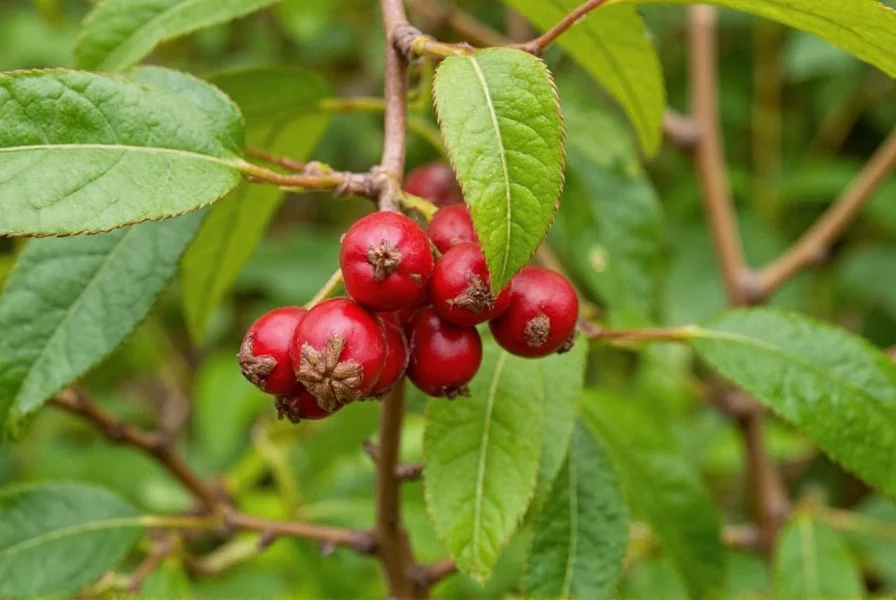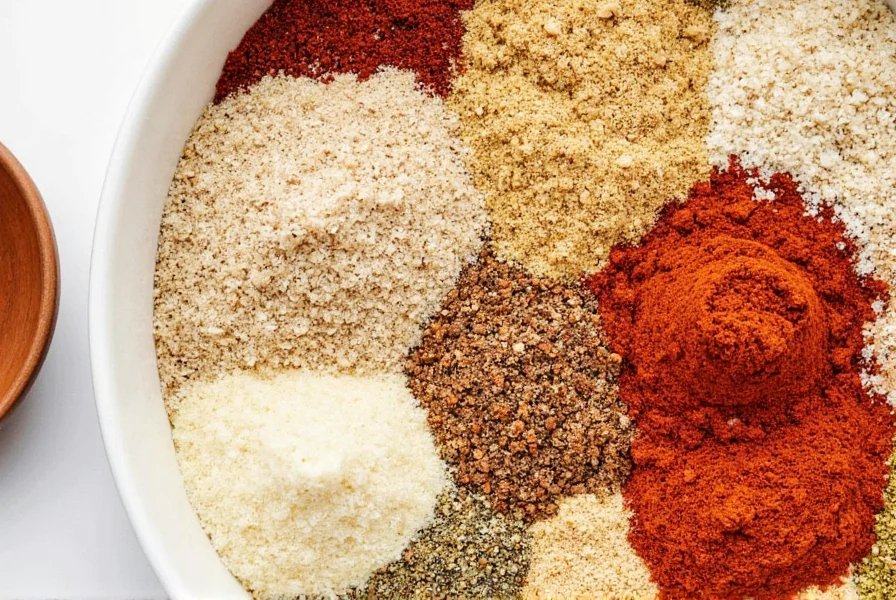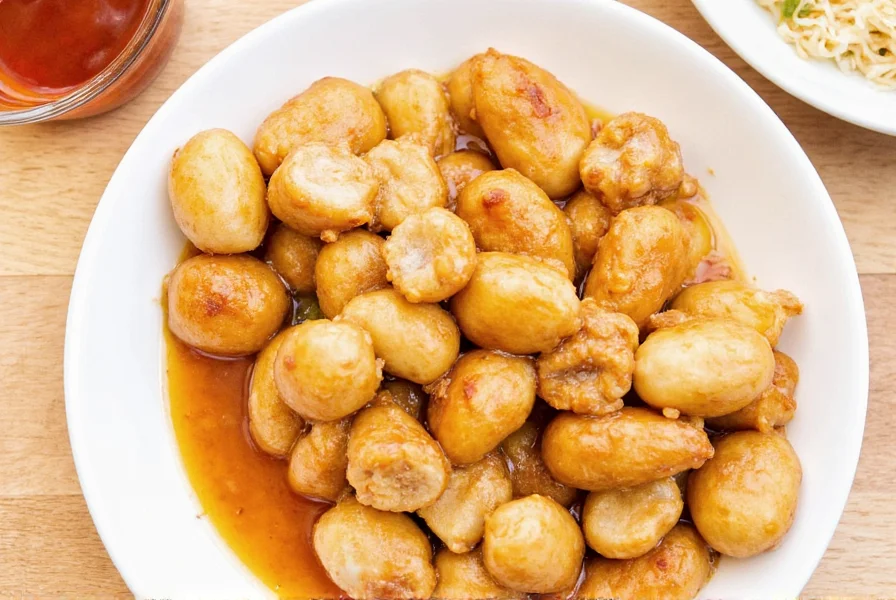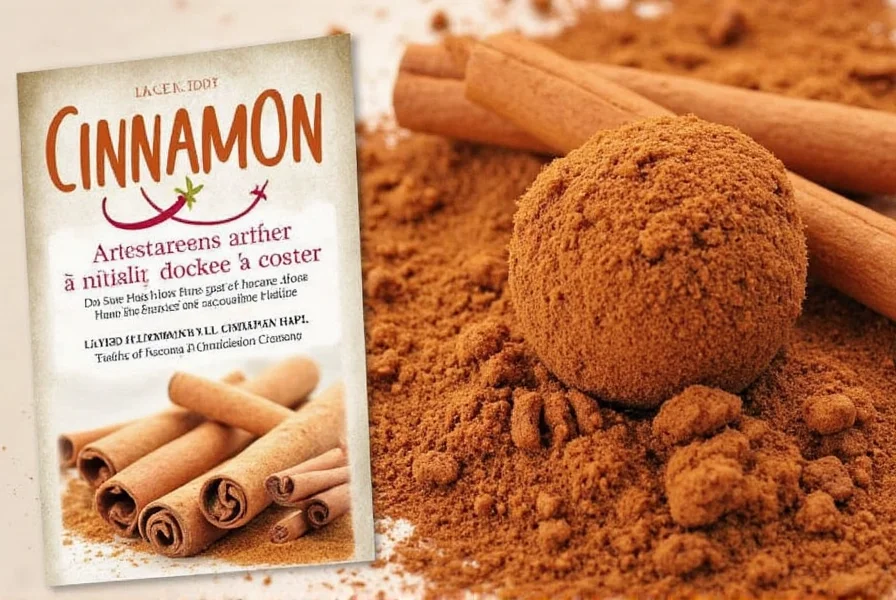What Is Cinnamon?
Cinnamon is a popular spice derived from the inner bark of trees from the genus Cinnamomum. It has been used for thousands of years in cooking, medicine, and cultural practices worldwide. The word "cinnamon" originates from ancient Greek and Phoenician terms, reflecting its long history of global trade and use.

Types of Cinnamon
There are several types of cinnamon, each with unique characteristics:
| Type | Flavor | Color | Best For |
|---|---|---|---|
| Ceylon Cinnamon | Sweet, delicate | Light brown | Baked goods, desserts |
| Cassia Cinnamon | Strong, bold | Darker brown | Savory dishes, spice blends |
| Malabar Cinnamon | Moderate, earthy | Dark brown | Indian cuisine, spice mixes |

Cinnamon in Cooking
Cinnamon enhances a variety of dishes:
- Baking: Perfect for cookies, cakes, and pies.
- Drinks: Adds warmth to coffee, tea, and mulled wine.
- Meat Dishes: Balances rich flavors in marinades and roasts.
- Breakfast: Mixes well with oatmeal and yogurt.

Health Benefits of Cinnamon
Research indicates cinnamon may offer health benefits, though more studies are needed. According to the National Institutes of Health (NIH), cinnamon has antioxidant properties and may help regulate blood sugar levels.
- Blood Sugar Regulation: Studies suggest cinnamon improves insulin sensitivity, beneficial for diabetes management.
- Antioxidant Properties: Rich in compounds that fight free radicals, reducing oxidative stress.
- Anti-microbial Effects: May inhibit bacteria and fungi growth.
- Heart Health: Some evidence shows it can lower cholesterol and triglycerides.
Always consult a healthcare professional before using cinnamon for health purposes.

Frequently Asked Questions
What is cinnamon made from?
Cinnamon is made from the inner bark of Cinnamomum trees. The bark is peeled, dried, and curled into sticks or ground into powder.
What is the difference between Ceylon and Cassia cinnamon?
Ceylon cinnamon is lighter in color, sweeter, and contains significantly less coumarin (a compound that can be harmful in large quantities). Cassia cinnamon is darker, has a stronger flavor, and is more commonly found in supermarkets.
Is cinnamon safe to consume regularly?
Yes, cinnamon is generally safe in typical culinary amounts. However, Cassia cinnamon contains higher levels of coumarin, which in large quantities may cause liver damage in sensitive individuals. Ceylon cinnamon is safer for regular consumption in larger amounts.










 浙公网安备
33010002000092号
浙公网安备
33010002000092号 浙B2-20120091-4
浙B2-20120091-4